Explore the proverb “absence makes the heart grow fonder”. Does distance deepen love or create distance? Discover when the proverb applies and when it doesn’t.


Explore the proverb “absence makes the heart grow fonder”. Does distance deepen love or create distance? Discover when the proverb applies and when it doesn’t.

Explore the meaning of “a rolling stone gathers no moss.” Is it a call for stability or a nudge to embrace adventure? Discover when this proverb applies and when it might be misleading.

Does the proverb “You can’t teach an old dog new tricks” apply to humans? We explore the science of learning, age-related limitations, and the surprising potential hidden within all of us.
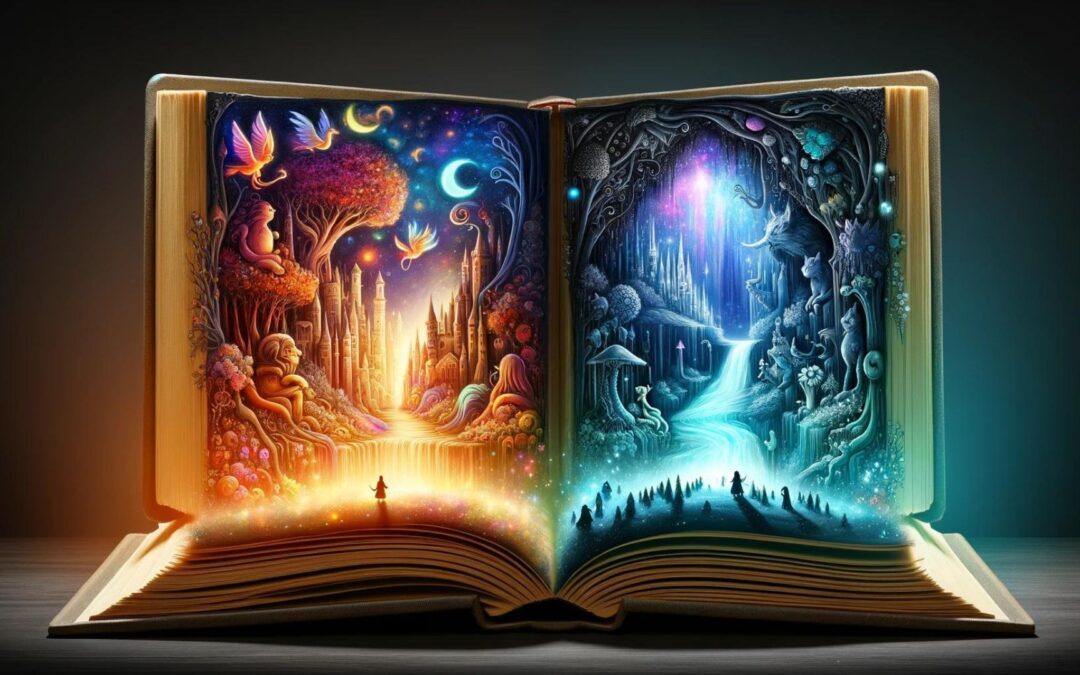
Does the proverb “You can’t judge a book by its cover” still hold water? We explore appearances, hidden depths, and the dangers of premature judgment.

Does the proverb “where there’s smoke, there’s fire” hold up? We explore when it’s wise caution, and when it might fuel damaging assumptions.
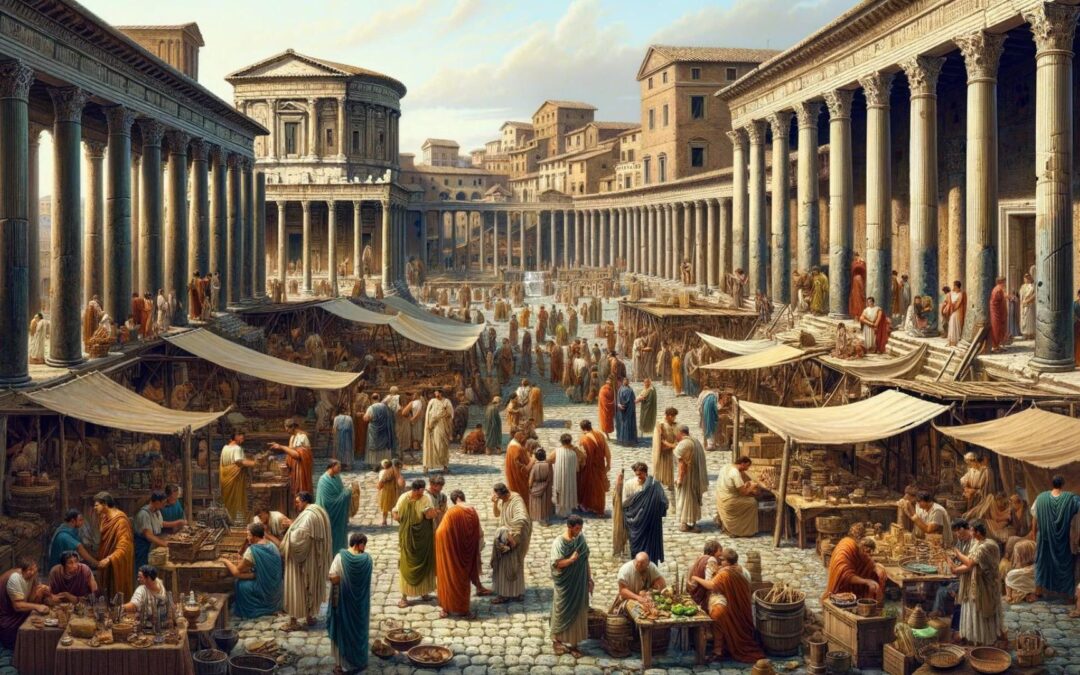
Does “When in Rome” mean abandoning your own values? We explore cultural adaptability, respect, and staying true to yourself while navigating unfamiliar territory.
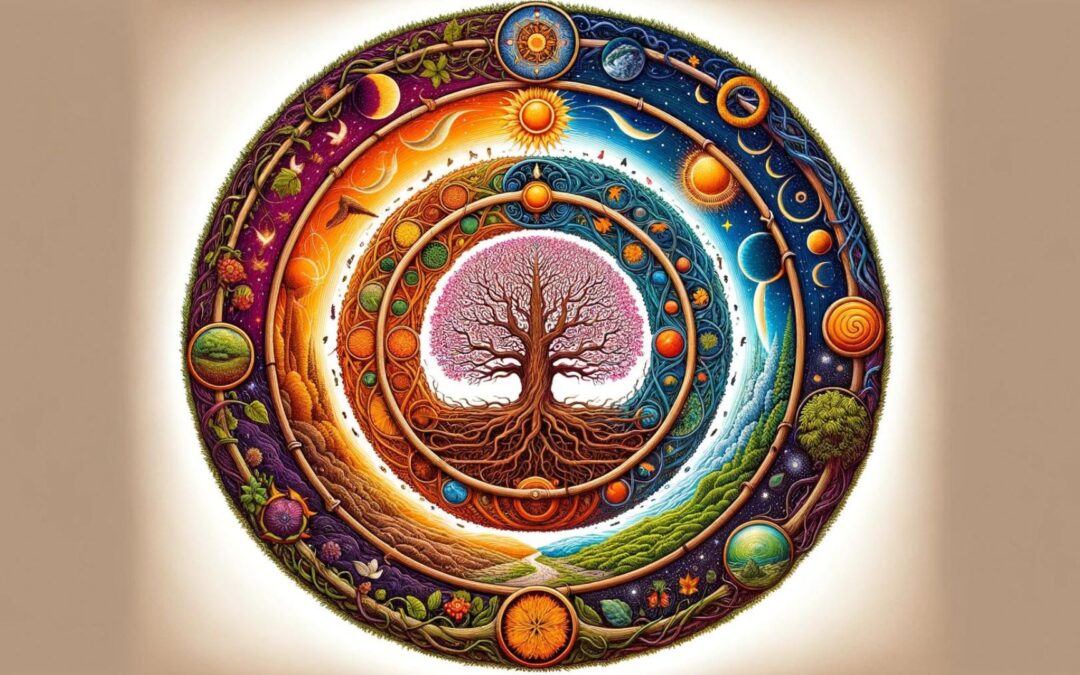
Does the universe keep score? We explore the truth behind “what goes around comes around,” examining real-world consequences and the power of believing in cosmic justice.
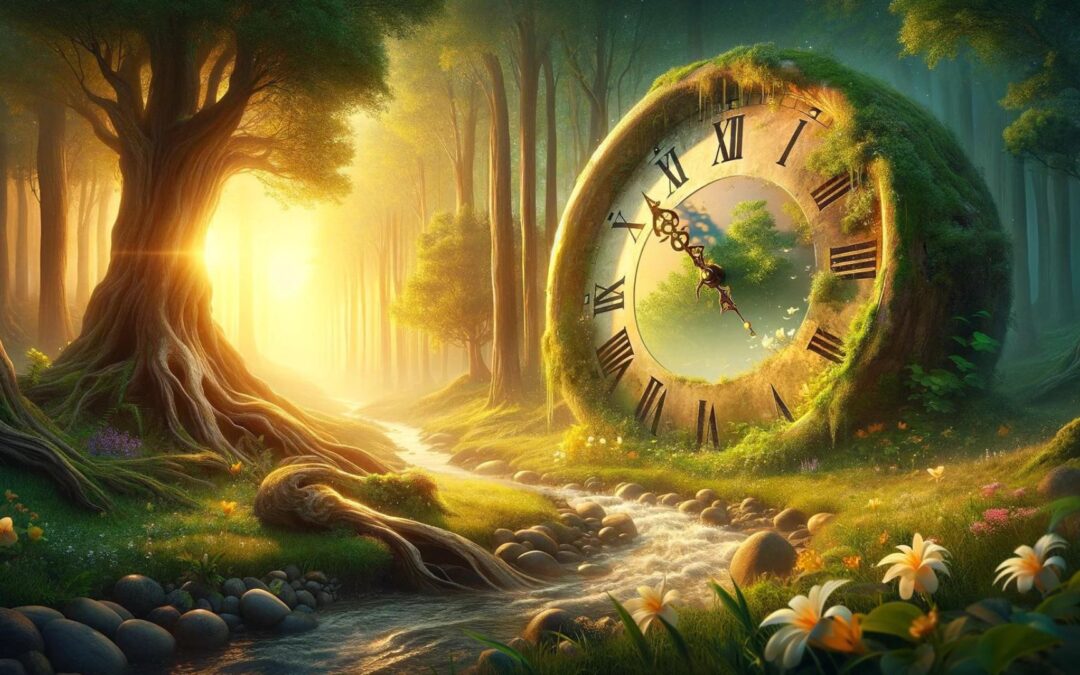
The proverb “time heals all wounds” is comforting, but is it always true? We explore the nuances of this saying, when it applies, and when it doesn’t.

Explore the proverb “time is money” with insights into its meaning, appropriate use, and when a different perspective might be needed.

Explore the proverb “There’s no place like home” – its comforting message, when it applies, and situations where it might need a more nuanced approach.
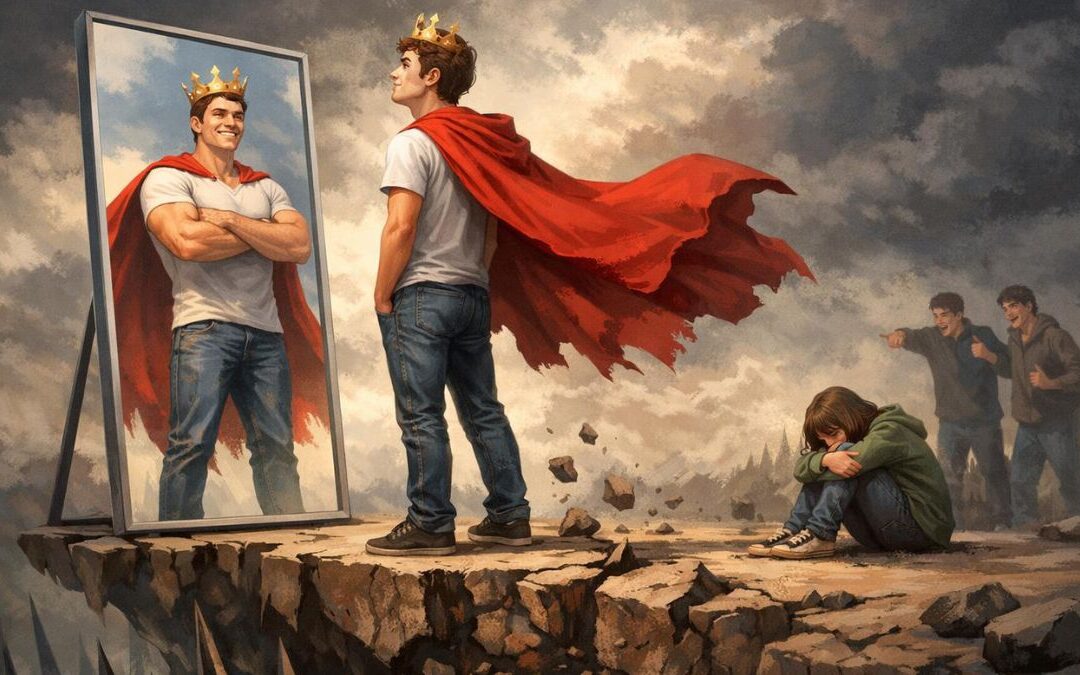
Is high self-esteem always good? We debunk the myth. Discover why chasing self-worth can lead to narcissism and anxiety, and learn about the stronger alternatives: self-efficacy and self-compassion.